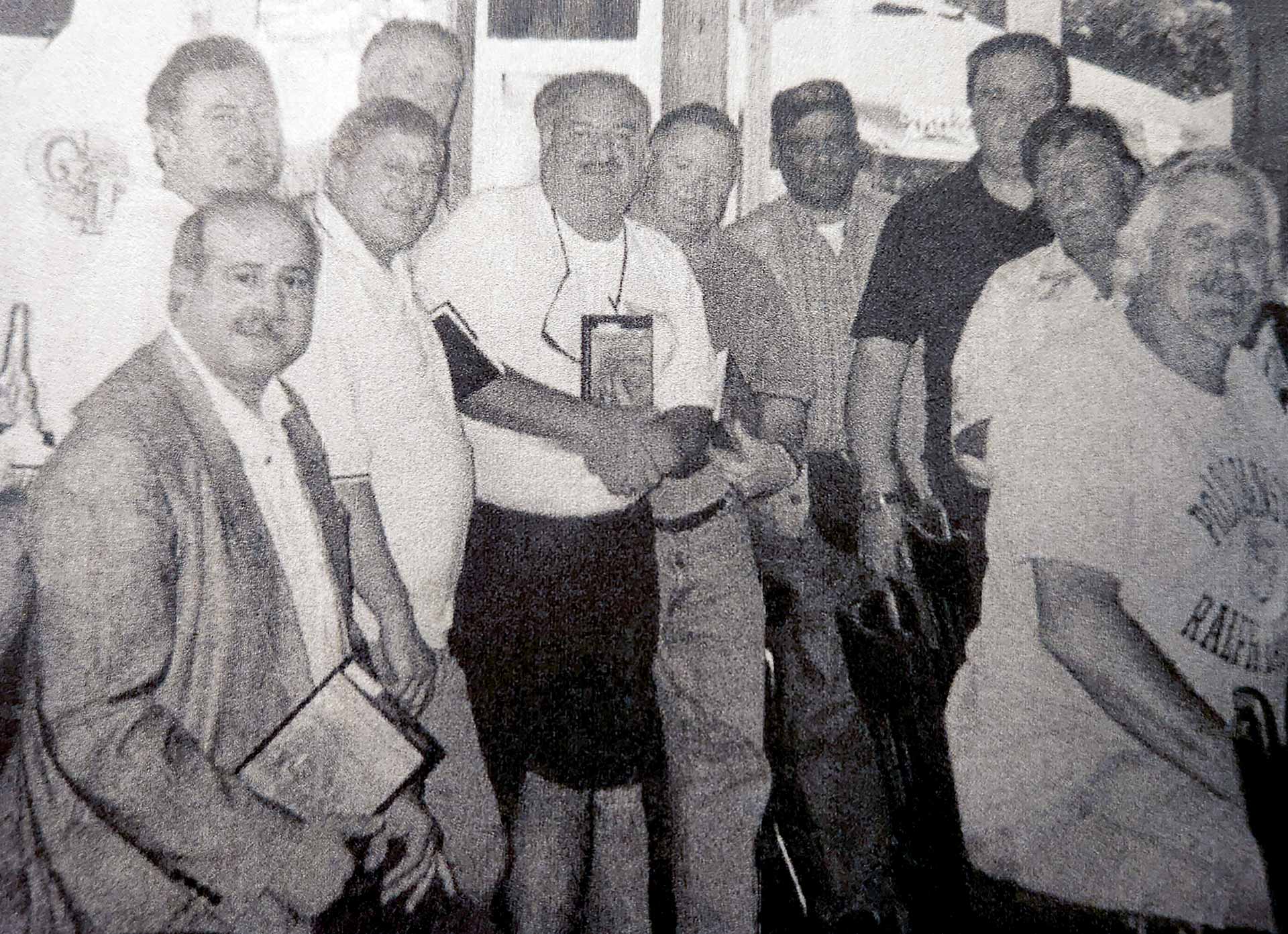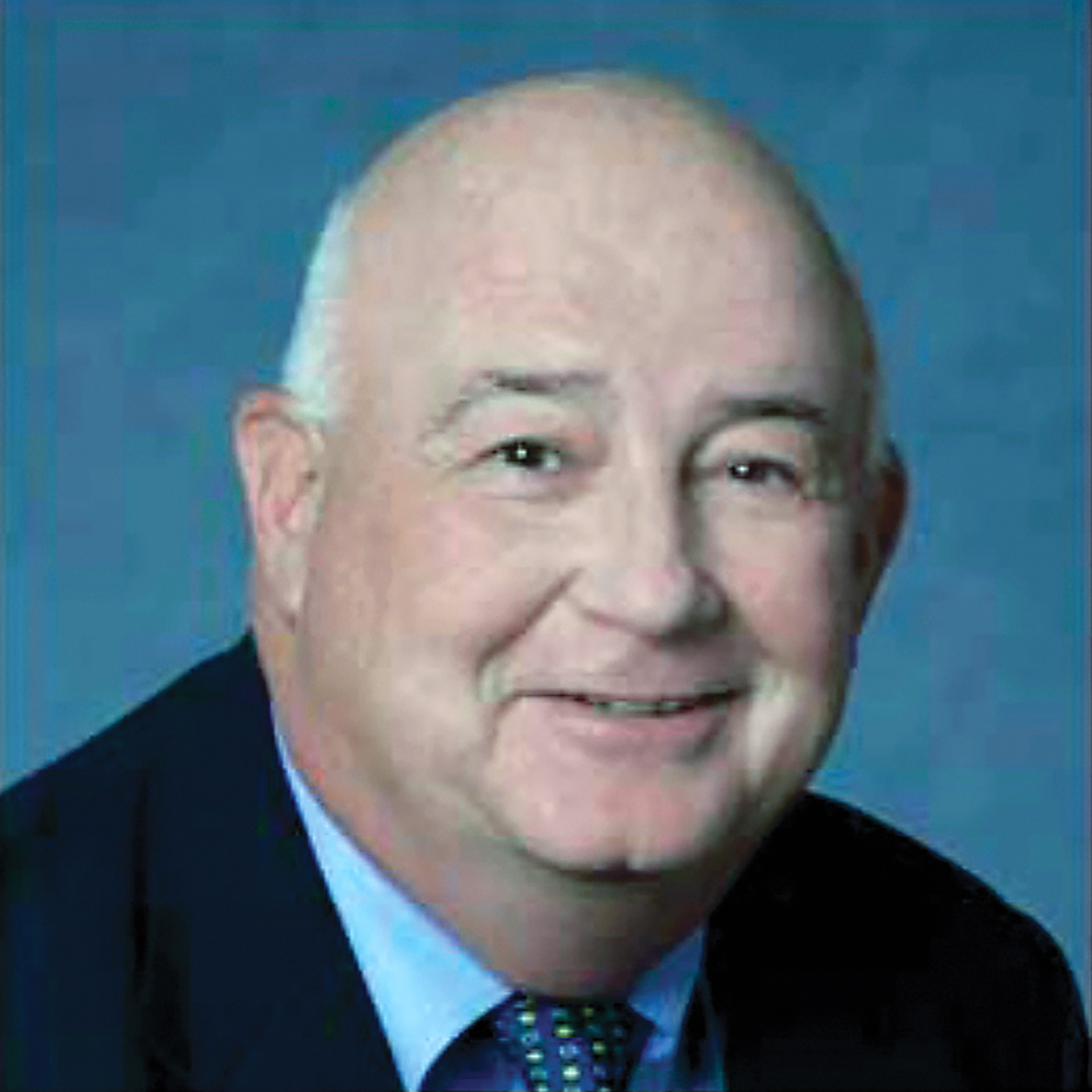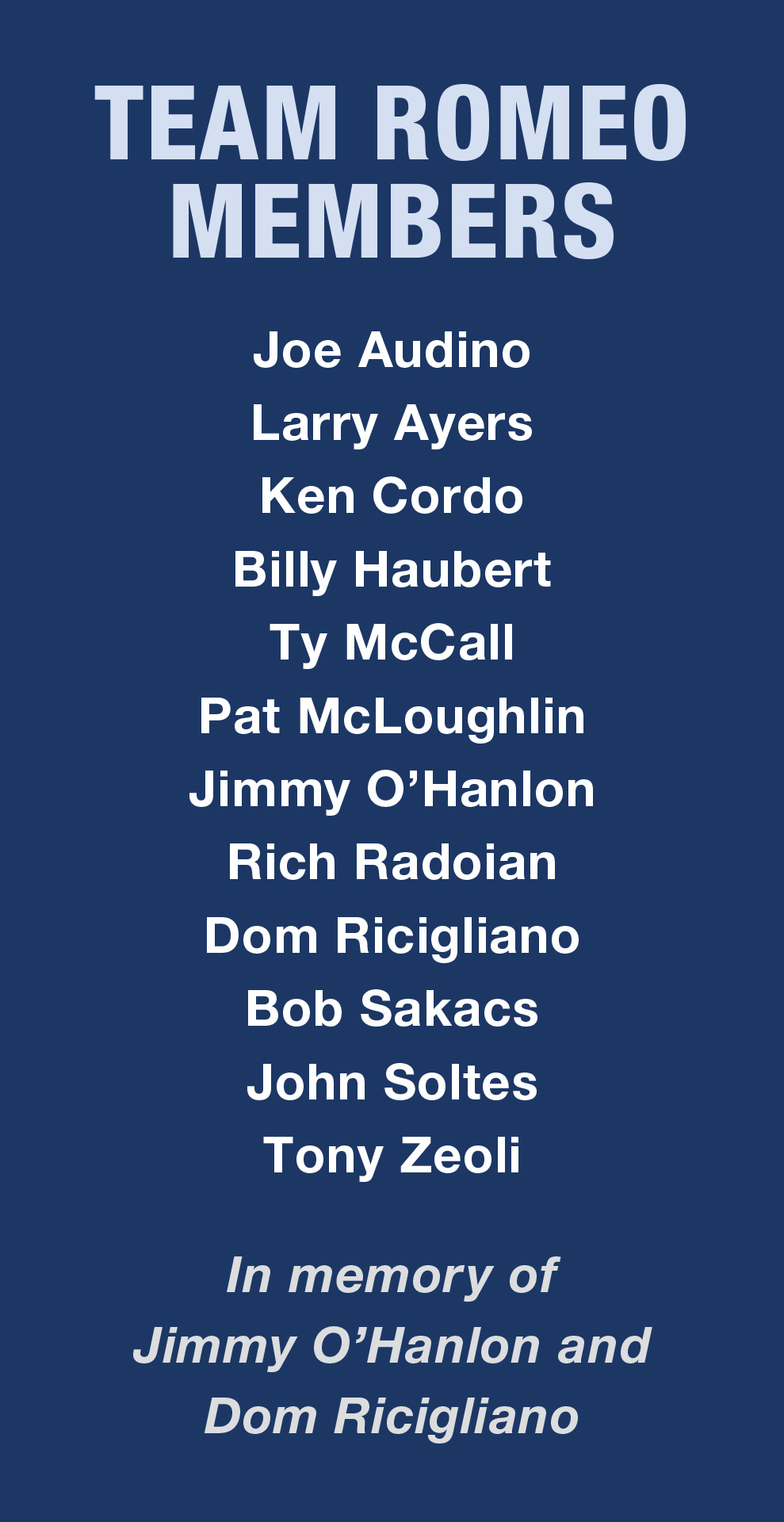
On September 11, 2001, the Port Authority Police Department of New York and New Jersey was decimated as it fought the first battle of the Global War on Terror. PAPD cops from all commands in the Port District responded and selflessly performed the greatest rescue in the history of our nation — a rescue that saw 36 of our brothers and a sister killed in the line of duty. The PAPD suffered the greatest single loss of police officers in a single event in the history of American law enforcement.
PAPD officers were the first of the first responders to the World Trade Center on 9/11, just as they were during the February 26, 1993, bombing of the World Trade Center. Since the first shovel of dirt was removed from the earth to build the original World Trade Center, the PAPD has been the law enforcement authority at the site. In both incidents, the PAPD station houses were destroyed. There is only one WTC Command, the PAPD WTC Command.
In addition to our partners with the New York City Police and Fire departments, first responders from throughout the country and faraway nations joined the PAPD in the first days of the World Trade Center rescue and recovery efforts. Among those were 12 retired Port Authority police officers who went on to be known as Team Romeo.

Retired PAPD Lieutenant Tony Zeoli became the de facto leader of Team Romeo, which was eventually composed of a retired sergeant, 10 retired police officers and Zeoli.
In his 2016 book Rising From the Ashes: The True Story of 9/11 and Recovery Team Romeo, Zeoli recalled how each member brought a special need to the team, their personal lives and family challenges, and the collective desire to remain until the fallen PAPD 37 and all those lost were brought home. And Zeoli said 9/11-related illnesses have now visited each of the 12 Team Romeo members, like all September 11 first responders, due to their selfless exposure to the toxic environment of the World Trade Center rescue and recovery mission.
In the beginning, many retired PAPD cops responded and worked with the common goal of finding survivors and recovering those murdered. Most of the retired cops tried to blend in with the active-duty members of different agencies working at the site, so as to not be recognized by bosses who might not approve of their efforts. Although that became a delicate issue when considering risk and liability, it was then that newly appointed PAPD Chief of Department Joe Morris made a decision that “The Twelve” would form what he designated as Team Romeo and report directly to him.
In his new position, Morris was responsible for the rescue and recovery mission, the high level of policing needed at all Port Authority facilities, the need to quickly increase PAPD manpower, the well-being of his cops and the resurrection of the Port Authority Police Department.

Morris became aware that some factions of the recovery effort did not support the use of retired cops, but he had to make a command decision. “I was looking for manpower,” Morris said, “and I needed a special breed of people.” He recognized that the retired cops possessed the experience needed to deal with the horrors they would face. “I probably worked with all of them and knew it was going to be gruesome work,” he explained, adding, “There was no book to go to; I made that decision.” Team Romeo became official.
Morris said the position of Chief of Department requires one to be a manager and a leader. “I viewed the retired cops as an asset, not a risk. The environment I was in, I needed to be a leader first.” (Read more about Chief Morris and the rebuilding of the post-9/11 PAPD in the August 2019 issue of American Police Beat at apbweb.com/2019/08/rebuilding-after-9-11.)
Zeoli said of the beginning of Team Romeo, “It was horror. Everyone was hit in the face with a baseball bat. We were at the gates of hell.” When the decision was made by then-New York City Mayor Rudy Giuliani and New York State Governor George Pataki that the work at the site was being deemed a recovery operation, Morris approached Zeoli, saying, “Can you put your guys together?” Morris said he would provide them with the uniforms and equipment they would need to join the recovery effort.
Unlike the NYPD and FDNY, who rotated their personnel at the site basically every three weeks, Morris made the decision to keep the same cadre of PAPD cops at the site for the entire nine-month recovery period. It has been reported by some that Morris prophetically said, “I don’t want to spread the cancer.”
The members of Team Romeo knew each other from their years with the PAPD. That relationship brought the team together like a close-knit family — “a family,” Zeoli said, “that was in the middle of a war zone at the end of the world.” The work was, as Morris said, “gruesome.” Zeoli recalled, “We never saw one whole body, just body parts.”
Speaking for the members of Team Romeo, Zeoli said, “The guys who are dead could have been us. We have to keep their memory going. If not, they just become another page in some diary somewhere.”
PAPD history includes many heroes, all part of a long, proud lineage every Port Authority police officer understands and embraces.
As seen in the September 2025 issue of American Police Beat magazine.
Don’t miss out on another issue today! Click below:





